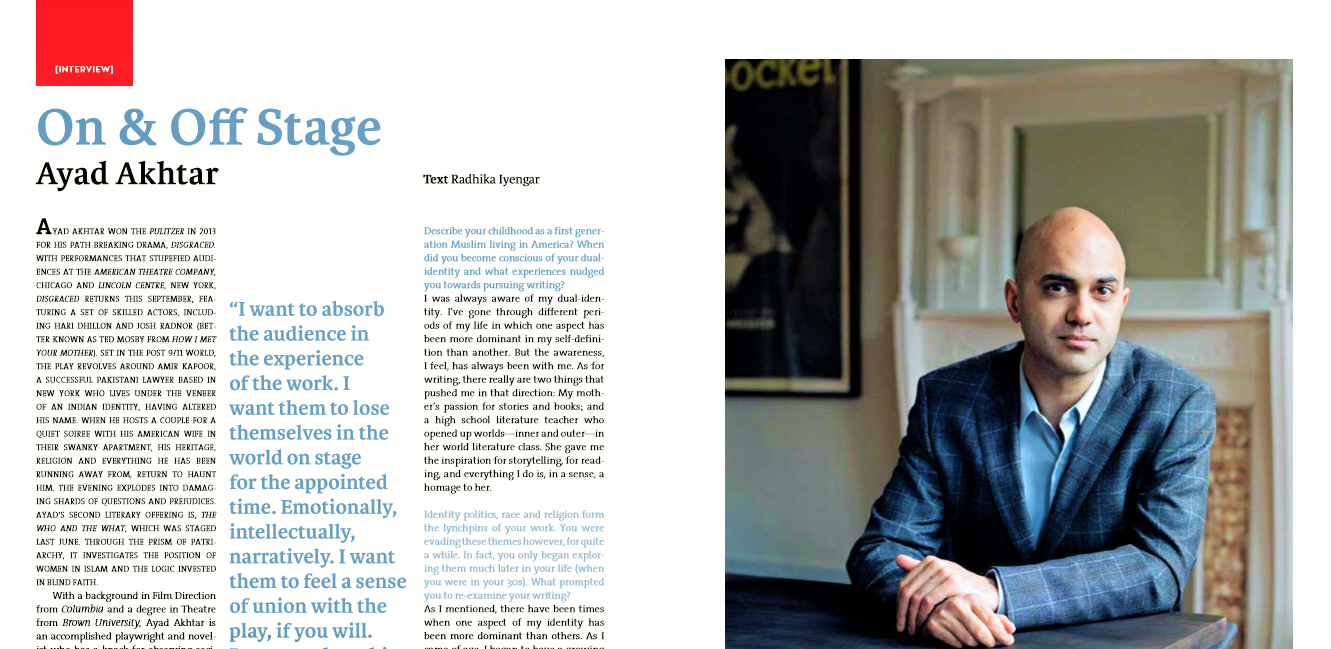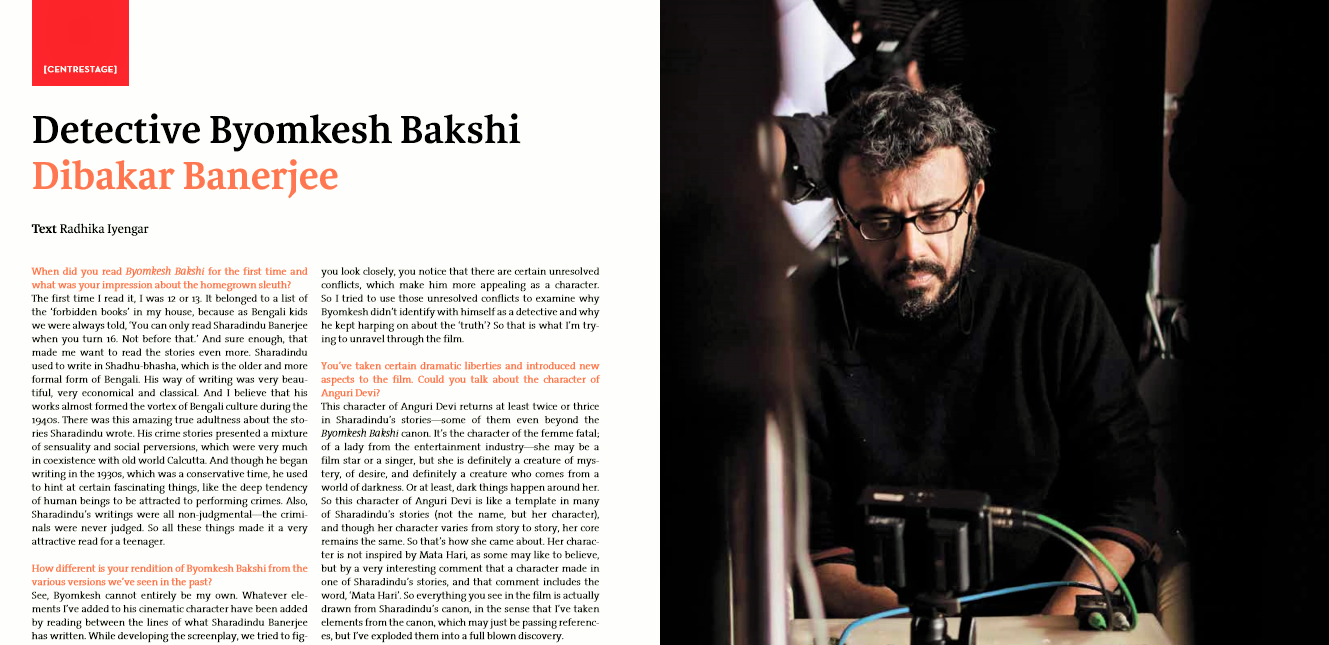Nadine Shah
Nadine Shah’s genre-smashing croon will make you sit up and pay attention. She reminds us of a gothic version of Adele; her androgynous, macabre voice is slowly becoming a rage in the UK. Nadine's unimaginably powerful voice and sublime poetry form the core of her post-punk, downcast numbers.
Shah’s music is steeped in anguish, with tracks that are frank monologues of all-consuming, disappointing affairs with men. Her songs are haunting pieces teamed with a fierce voice, which ironically, have a calming effect. She will engage with you at a very raw, intimate level—an experience which is strangely, therapeutic. It’s seldom that a musician can make you feel like that, but Nadine is gifted.
The Pakistani-Norwegian singer relies heavily on personal experiences to sketch the contours of her tracks. The narrative of her first album, Love Your Dum and Mad stems from the deaths of her two close friends. "[The album] was named after the title of a painting by my friend, Matthew Stephens Scott. Matthew died a few years prior to the release of the album and a lot of the songs are for or about him. The album is essentially about the death of two very close friends of mine who took their own lives as a result of their suffering with mental illness," she says.
Her bold stance towards talking about mental illness, which is an issue that is pervasive, yet hardly spoken about, has reeled in admiration and fans. Her latest album, Fast Food is about a succession of short lived, intense love affairs. "Each song is a portrait of someone I have loved or do love. Sonically, it is a much more energetic and less ethereal album than my first."
Nina Simone was the backbone for her vocal inspiration. Nadine drifted far away from the typical trills of R&B goddesses like Whitney Houston and Mariah Carey to embrace the raw, unpolished vocal appeal that Simone stood for. ‘Simone’s was the first voice I remember that really stood out for me; her voice was a class above the rest. She has so much more passion in her voice that sometimes it could sound quite ugly—it wasn’t polished or “perfect”. It encouraged me to be more honest with my vocal delivery and music in general.





